
News



You're Invited!

Psychiatric Times has contacted many of the nation’s leading psychiatrists to answer the following question: “What is the best advice you would give to a psychiatry resident?” In the series, you will find advice from psychiatrists who span the gamut of experience: clinicians to researchers to administrators, psychotherapists to psychopharmacologists, outpatient to inpatient, child to adult. It is our hope that you will find the advice practical as well as inspiring. Please check back each month to read from another Master Psychiatrist. The most recent contributor is Dr Sharon Packer, author of several books and a psychiatrist in private practice. Howard Forman, MD Fellow in the Division of Psychiatry and the Law Albert Einstein College of Medicine Dr Forman is a regular contributor to the Psychiatric Times Residents Blog at www.psychiatrictimes.com/blog/residents-corner. He is the Book Review Editor for Psychiatric Times.

Critics of DSM-5 argue that the expansion of diagnostic criteria may increase the number of “mentally ill” individuals and/or pathologize “normal” behavior, and lead to the possibility that thousands-if not millions-of new patients will be exposed to medications which may cause more harm than good.

Some say that study subjects who are not severely depressed may respond better to placebo than subjects who are severely depressed. Is the data thus unreliable?

While there has been a robust interest for decades among scholars in the history of psychiatry, comparatively little has been shown the history of clinical psychology, despite its marked impact on mental health care.

Anton Porsteinsson, MD, discusses some specifics for fine-tuning the care of patients with Alzheimer disease. Here: optimizing physical health and mental stimulation and promoting a brain-healthy diet and aerobic exercise.

Can stimulants increase function in people with early stage Alzheimer disease? Here, Anton Porsteinsson, MD, discusses the pros and cons.

In this video, Anton Porsteinsson, MD, discusses some of the causative factors of Alzheimer disease: genetics, environment, personality. He goes on to explain that although there are clear determinants for AD, there are preventive actions that can be taken to delay the onset of disability.

We will remember Professor Shuman as an exceptional scholar, a valued collaborator, and a cherished friend.

Here we address some of these problems of meaningless phrasing, empty shells, and template-distorted recording in an attempt to improve clinical documentation for both clinical care and risk management.

This brief editorial clarifies the position of Psychiatric Times with regard to our intent behind posting the many blogs about DSM-5 that appear on our Web site, www.PsychiatricTimes.com.

We both have the brilliant everlasting dumb luck to be fueled with oxytocin, the urge to eat and to bond. St Francis called his body “brother ass.” I call mine “brother dog.”
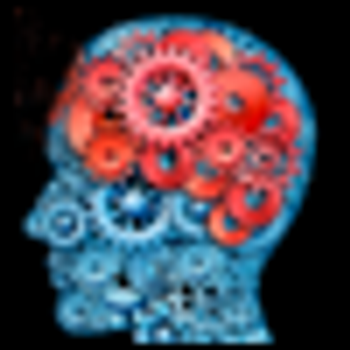
I believe it is incumbent on psychiatrists, as leaders in the mental health field, to help our patients and the general public distinguish the psychiatric fantasy from the psychiatric reality.

It would seem that the fluctuating boundaries of many mental disorders will continue to be debated until we devote sufficient time and attention to developing improved, scientifically valid and reliable methods of testing and effectively treating mental disease.

Sexual identity development is a complex, multidimensional, and often fluid process. One must consider cognitive, social, emotional, cultural, and familial complexities among other aspects of the individual’s experience to contextualize a narrative concerning sexual identity development.
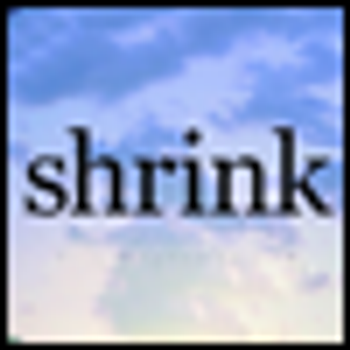
"What do you mean, a psychiatrist?” I asked my mom that question with great concern-and she explained to me exactly what my father did when he left the house each morning before I was even awake.

The DSM-5 Web site has recently been revised-the term “Pedohebephilia” disappears altogether, but the concept of “Hebephilia” lives on...

It is my honor-and my distinct pleasure-to welcome 4 new members to the Editorial Board of Psychiatric Times.

But I still have bottles of pretty pills . . . I throw like life rafts to keep them afloat . . .in choppy seas, me passing my doctor-days

TALK NERDY TO US TAKE OUR TECH SURVEY FOR A CHANCE AT $500! What are physicians saying, thinking - and doing - when it comes to implementing office technologies? Help us to help you find out by completing our easy survey. We are working with our sister site, PhysiciansPractice.com, to learn all about it -- and we're willing to pay. Just go to the 2012 Tech Survey to complete our easy survey, and enter to win a $500 Visa gift card. It only takes five minutes. The contest will run through February 29th. No purchase is necessary. Void where prohibited. See official rules for full details, available here. Thank you for your participation!
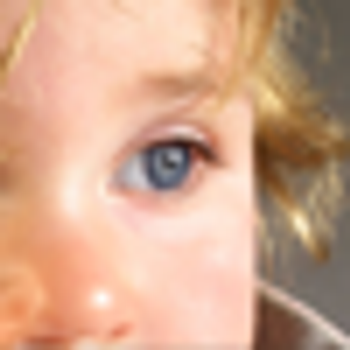
In this clip from A&E's Hoarders, Dr Suzanne Chabaud counsels a family living in a hoarding household.
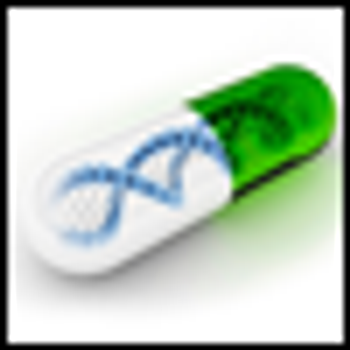
More and more research is being conducted in the US and abroad on the role of psychiatric pharmacogenomics in identifying new gene variants and in predicting treatment response to specific medications.
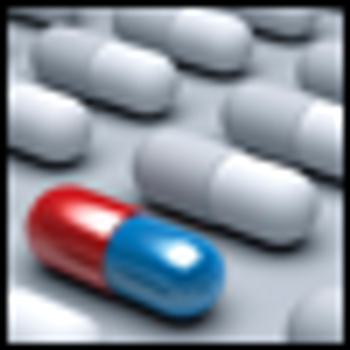
Beyond safety benefits, pharmacogenomic testing may improve adherence by helping patients avoid suboptimal or harmful treatments.
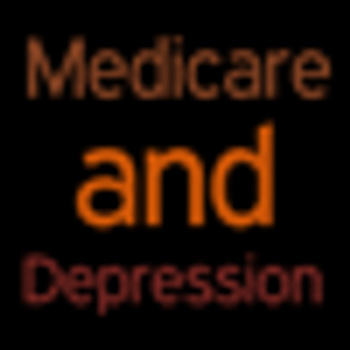
Medicare announced in October that it would pay for depression screening in primary care settings that have “staff-assisted depression care supports” in place to ensure accurate diagnosis, effective treatment, and follow-up.


Understanding pediatric psychopharmacology in the context of medical illness.

Skin diseases are not just a cosmetic issue; they are associated with a variety of psychological reactions that affect patients’ level of functioning and can produce agony for the family.
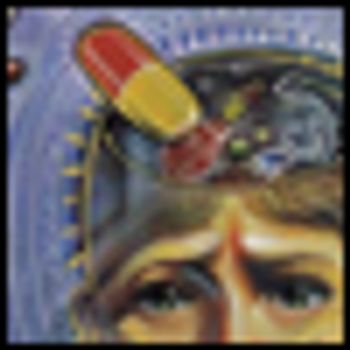
The prescription of psychotropic medications for patients with complex comorbid medical and psychiatric conditions is a cornerstone of psychosomatic medicine (PM) practice.